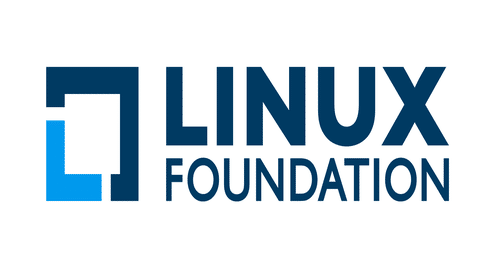What Is the Linux Foundation?
The Linux Foundation started in 2000 as the Open Source Development Labs (OSDL) a non-profit organization supported by a global consortium tasked to accelerate the deployment of Linux for enterprise computing. The Linux Foundation acquired its current name in 2007 after it merged with the Free Standards Group an industry non-profit consortium whose main purpose was to drive the adoption of open source standards.
Today, the Linux Foundation has more than 1,000 corporate members across the Americas, Asia-Pacific, and EMEA, including AT&T, Cisco, Fujitsu, IBM, Intel, Microsoft, Qualcomm, and Samsung. The foundation also has thousands of individual supporters whose donations fund various open source initiatives.
It employs the creator of Linux, Linus Torvalds, as well as the lead Linux maintainer, Greg Kroah-Hartman., and “is dedicated to building sustainable ecosystems around open source projects to accelerate technology development and industry adoption,” as stated on its official website.
What Does the Linux Foundation Do?
The Linux Foundation supports a number of initiatives and projects to accelerate opens source technology development and commercial adoption. Earlier this year, the foundation announced the addition of the LF Deep Learning Foundation to support and sustain open source innovation in artificial intelligence.
“We are excited to offer a deep learning foundation that can drive long-term strategy and support for a host of projects in the AI, machine learning, and deep learning ecosystems,” said Jim Zemlin, executive director of The Linux Foundation.
The Linux Foundation also supports the Cloud Native Computing Foundation to promote containers, the Cloud Foundry to increase awareness and adoption of open source cloud technologies, the Automotive Grade Linux to develop an open source platform based on the Linux kernel for the automotive industry, or the Linux Standard Base, which is a joint project by several Linux distributions to standardize the software system structure used with Linux operating system.
In fact, the foundation estimates that the development cost of the 100+ world’s leading projects that it hosts now exceeds $16 billion, up from $5 billion in 2015. The steep rise of the collective value of open source projects can be partially attributed to the numerous training and certification efforts of the Linux Foundation, which have helped over 1 million people improve their IT skills and learn what open source development is all about.
Conclusion
The Linux Foundation is an important pillar of the global open source community, helping independent developers working on open source technologies grow and enjoy success. Thanks to its far-reaching activities, financial and intellectual resources, and infrastructure, organizations of all sizes now see Linux and other open source technologies as invaluable technology resources whose support benefits humanity in numerous ways.


